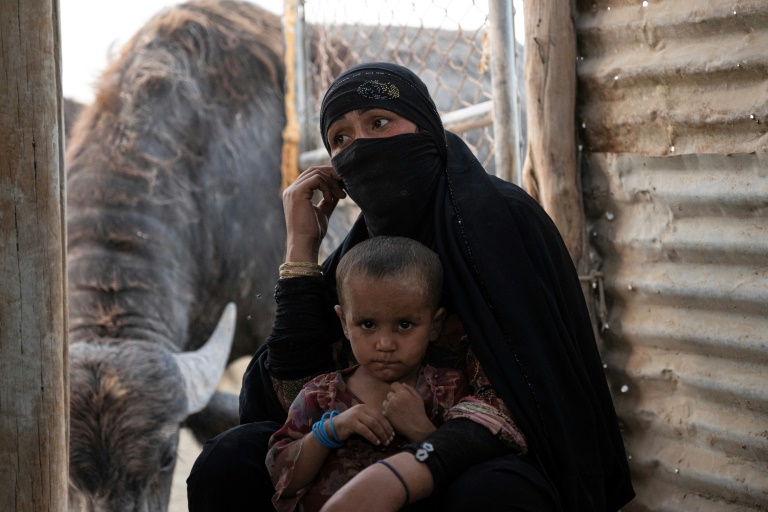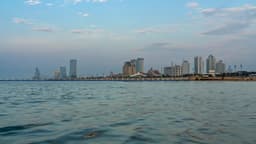Home / Environment / Salinity Crisis Devastates Iraqi Farms and Livestock
Salinity Crisis Devastates Iraqi Farms and Livestock
17 Oct
Summary
- Salinity levels in southern Iraq's Basra province reach record highs
- Brackish water kills dozens of ducks and chickens on Umm Ali's farm
- Declining freshwater flows raise salt and pollution levels in the Tigris and Euphrates rivers

As of October 17th, 2025, a severe salinity crisis has been unfolding in southern Iraq's Basra province. Farmer Umm Ali, 40, has witnessed the devastating impact firsthand, as brackish water has killed dozens of her ducks and 15 chickens this season alone.
"We used to drink, wash and cook with water from the river, but now it's hurting us," laments Umm Ali, a widowed mother of three. The salinity levels in the region have reached record highs, rendering the already scarce water unfit for human and livestock consumption.
Iraq, a country heavily impacted by climate change, has been ravaged by drought and low rainfall for years. Declining freshwater flows from the Tigris and Euphrates rivers have raised salt and pollution levels, particularly in the south where the two rivers converge before spilling into the Gulf.
According to Iraq's water ministry, salinity levels in central Basra province have soared to around 29,000 parts per million (ppm) last month, compared to just 2,600 ppm a year earlier. Freshwater should contain less than 1,000 ppm of dissolved salts, while ocean water salinity levels are around 35,000 ppm.
The crisis has had a devastating impact on the region's agriculture and livestock, with Umm Ali and other farmers struggling to cope with the dire situation. "I cried and grieved, I felt as if all my hard work had been wasted," she said, recounting the loss of her poultry.
The salinity crisis has also led to the displacement of thousands of people in central and southern Iraq, as the rising salt levels destroy palm groves, citrus trees, and other crops. Experts warn that the situation is likely to worsen in the coming years, posing a grave threat to the region's food security and livelihoods.


